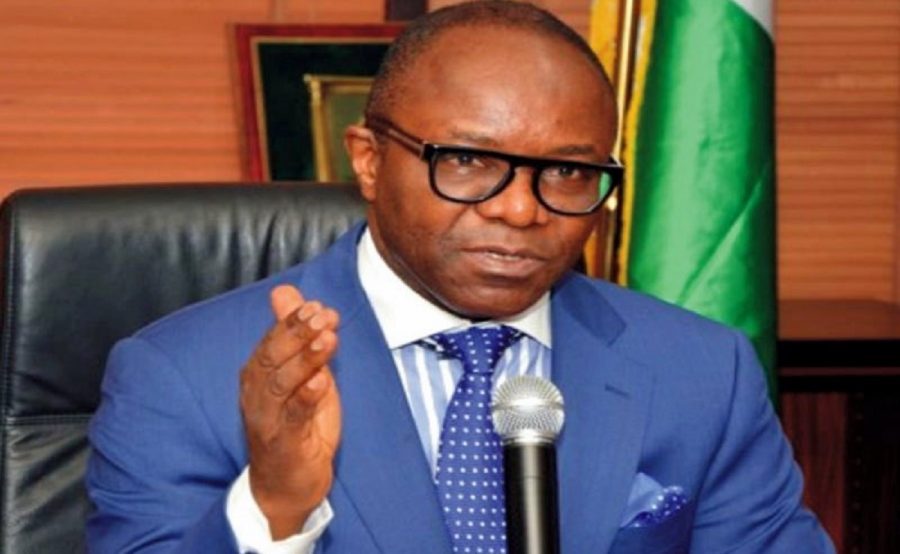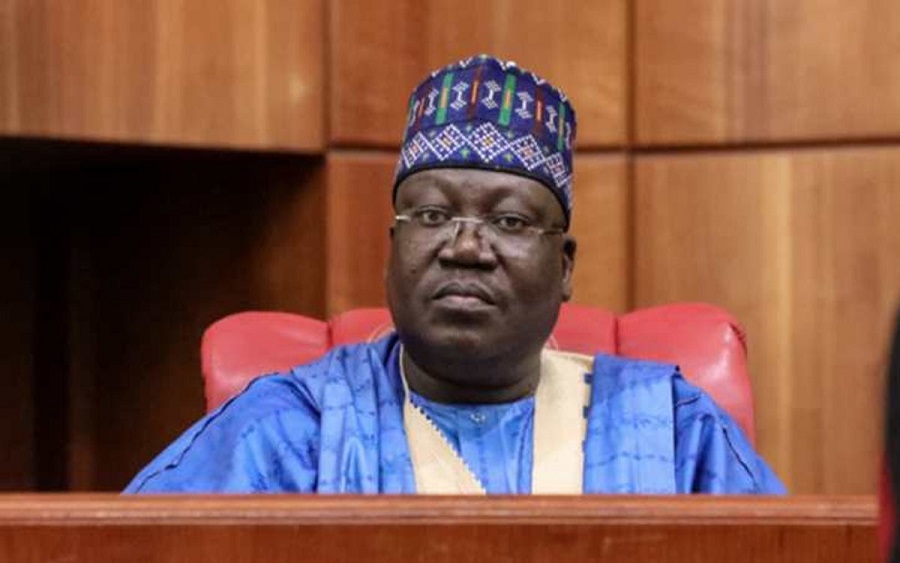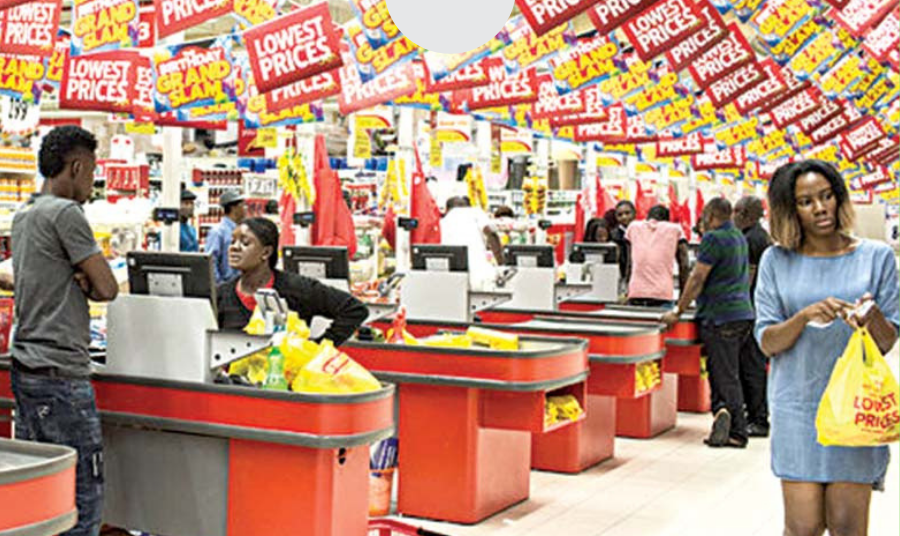Minister of State for Petroleum Resources Ibe Kachikwu has hinted a possible downward fall in petrol prices. He made mention of this in a podcast to highlight his achievements mid way through his tenure as petroleum minister. The government had last year increased pump petrol prices from N87 a litre to N145 per litre. In place of the subsidy regime, the government introduced a price modulation system which fixes petrol prices based on a template.
Factors that might lead to a drop in prices
Kachikwu hinged the potential drop in prices on efforts to increase the refining capacity of the country’s refineries. For the first time in a long while, all 3 refineries were operating at 50% capacity, with a target of 90% in the nearest future. The Nigerian national petroleum Corporation (NNPC) had also made significant cost savings which could be channelled to fixing the refineries and funding Joint Venture (JV) payments The petroleum minister is also of the opinion that, as more private sector operators enter the industry, more jobs will be created and prices will trend downwards.
We believe that a lot of the companies will jump up now and be able to sell at the right prices and not the pump down by the problem of price control and will be able to grow their businesses. We believe that most of the efficient ones will drive prices southward rather than northward.
A fall in prices may be temporary
The podcast does not disclose details about the investors interested in rehabilitating the refineries. Nor is a specific timeline as to when this will happen. Diesel prices which the Minister made mention off are fully deregulated, that is to say marketers fix their own prices. Even if prices were to drop, the fall may not be a permanent one if global crude oil prices were to rise again. The refineries are also aged and prone to break down. Petroleum marketers the minister has put his hopes on, recently brought to light the government was yet to settle $2 billion of previous subsidy arrears.














